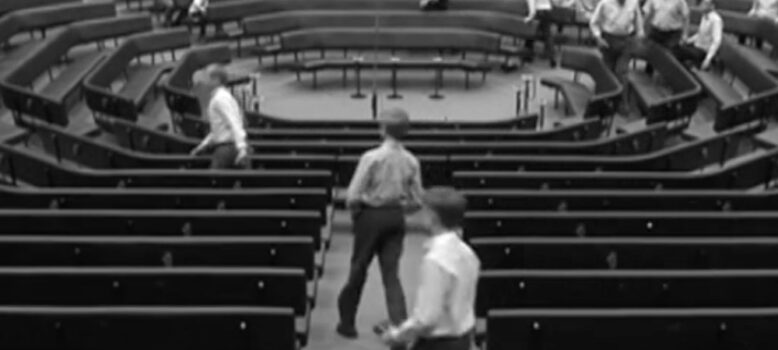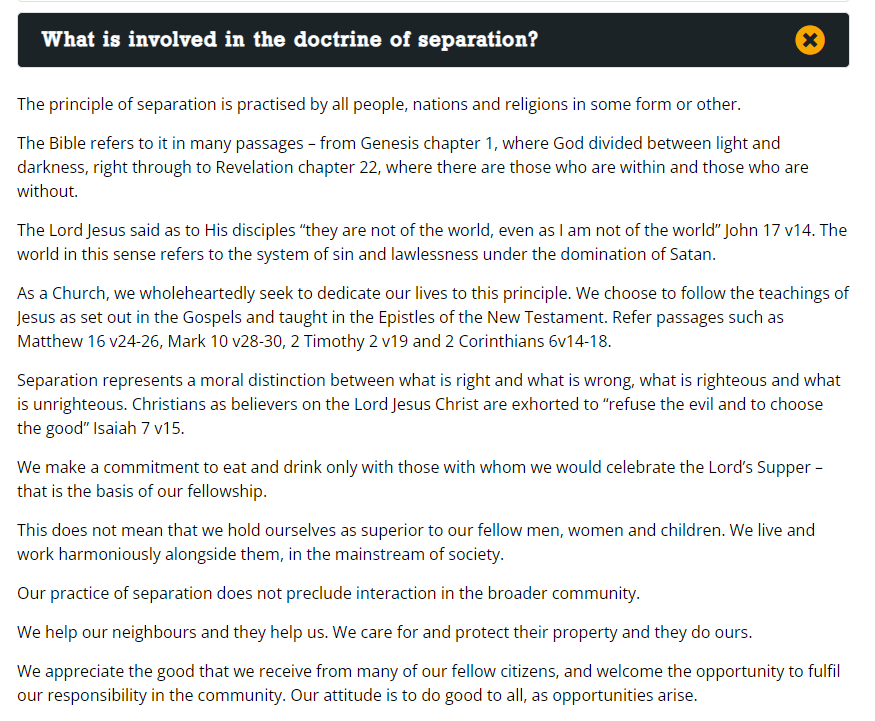
The Cycle Abuse & Forced Separation of the Plymouth Brethren Christian Church

Beth Seed was just 8 years old when she was abused by a relative inside the Plymouth Brethren Christian Church. It took her years after she left the cult to summon the courage to tell a counsellor about her abuse, which is typical among adults who were sexually traumatized as children.
Blackballed welcomes Plymouth Brethren Christian Church survivor Beth Seed to the show @cultsurvivor08 @jamesdifiore https://t.co/o1GP2AqLuo
— James DiFiore (@jamesdifiore) January 19, 2023
What isn’t typical is that Beth was put into that situation because her parents were forced by the cult to “be confined,” a term used to describe the punishment a member receives when elders have determined they have done something against Brethren doctrine. To this day, Beth doesn’t know why her parents were confined, but the result was her being shipped to a relatives house, where a cousin abused her for years.
The house where Beth was abused was just two houses away from where her parents lived.
The Doctrine of Separation is the tool used by the PBCC to keep members in line. The nefarious aspect of the policy is how easily it can be used to take children away from their parents. The way the Brethren describe it, you would think they were just living the most Jesus-ish life ever, but what really happens is far less godly, and a direct result of parents and children being forced to not see or speak to each other until the elders decide it’s ok.

If this psychotic policy did not exist, Beth would not have had to deal with the horrifying reality that she was sexually abused on a regular basis by a teenager from the age of 8 to 10 years young.
There is a culprit other than the person who abused Beth. This culprit is the cult itself. The PBCC is like a blueprint for how to be abusive towards families and individuals, forcing children to shun their parents and leaving them vulnerable in a home that isn’t theirs. This tool of manipulation is both calculated and intended to control members to choose between the cult and their own blood, and most times the cult wins, often at the expense of a child’s innocence.
Beth eventually had the courage to escape the PBCC. Her story, while tragic, demonstrates the strength of those who probably view themselves to this day as the opposite of courageous. That’s one of the more insidious aspects of the cult – the way it creates victims who feel at least somewhat lost for the rest of their lives.
Blackballed will continue to provide a space for survivors to speak out against the PBCC.









